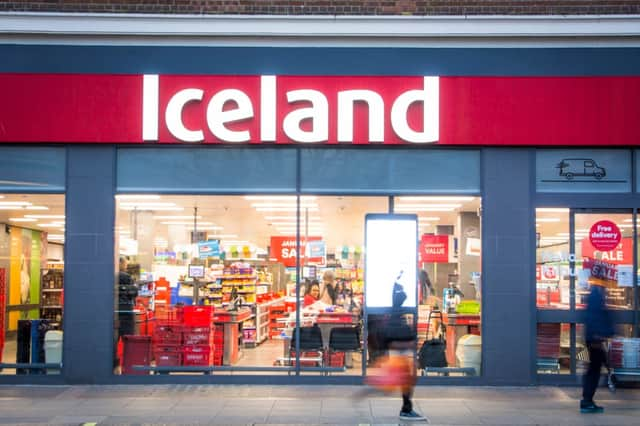Iceland is urgently recalling some of its chicken products after possible salmonella contamination


Iceland is recalling its own brand Chip Shop Curry Chicken Breast Toppers and Southern Fried Chicken Popsters due to fears of salmonella contamination.
Salmonella can cause a fever, diarrhoea and abdominal cramps.
Advertisement
Hide AdAdvertisement
Hide AdHere’s everything you need to know if you think you may have purchased any of the affected products.
Recalled product details
Iceland Chip Shop Curry Chicken Breast Toppers
Pack size 400gBest before 27 February 2021, 17 March 2021 and 8 April 2021
Iceland Southern Fried Chicken Popsters
Pack size 220gBest before 4 April 2021Symptoms caused by salmonella usually include fever, diarrhoea and abdominal cramps.
Action taken by the company
Iceland is recalling both the Chip Shop Curry Chicken Breast Toppers and the Southern Fried Chicken Popsters.
Advertisement
Hide AdPoint of sale notices will be displayed in all retail stores that are selling these products, explaining to customers why they are being recalled and instructing them what to do if they have bought the product.
What should I do if I’ve bought these products?
Advertisement
Hide AdIf you have bought any of the affected products do not consume them. Instead, return them to the store from where they were bought for a full refund or contact Iceland Customer Care line on 0800 328 0800 and select option 2.
Iceland’s customer notice reads, “All consumers who have bought this product with the date code/s listed, should not consume them. Please return to any Iceland store where a full refund will be given. No receipt is required.”
What are product recalls and withdrawals?
The Food Standards Agency (FSA) explains that if there is a problem with a food product that means it should not be sold, then it might be 'withdrawn' (taken off the shelves) or 'recalled' (when customers are asked to return the product).
Advertisement
Hide AdThe FSA issues Product Withdrawal Information Notices and Product Recall Information Notices in order to let consumers and local authorities know about problems associated with food.
“In some cases, a 'Food Alert for Action' is issued. This provides local authorities with details of specific action to be taken on behalf of consumers,” explains the FSA.